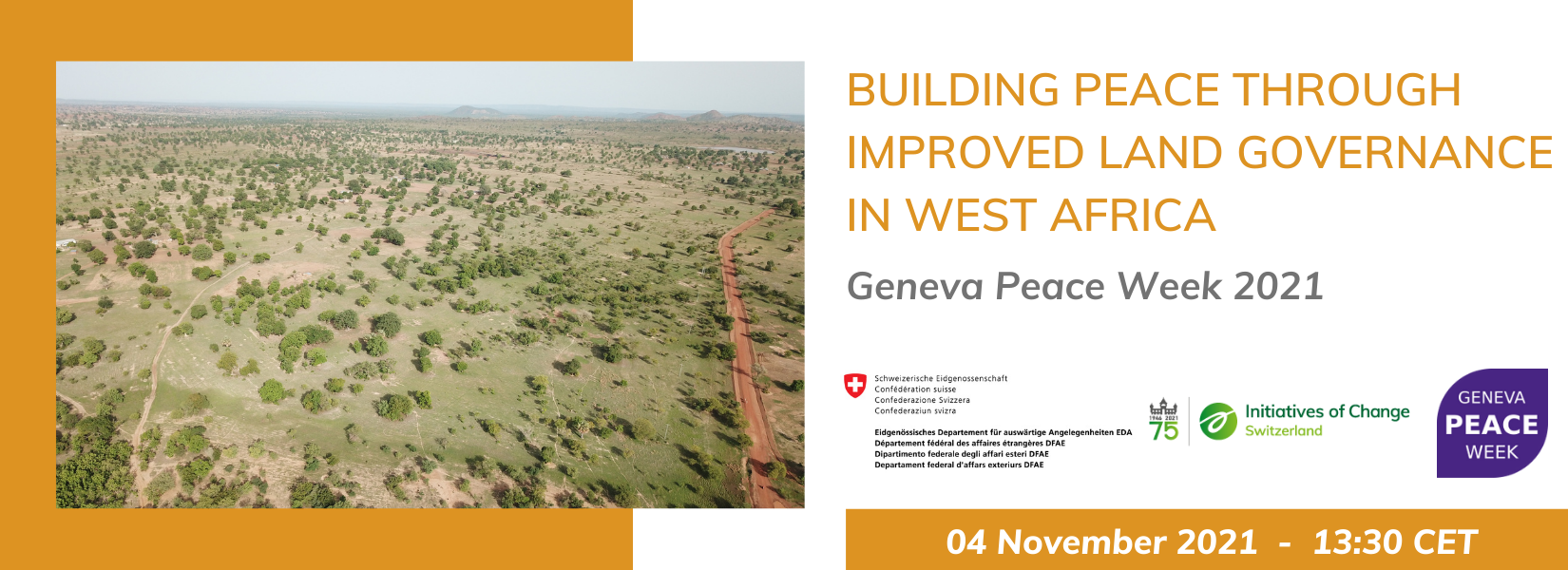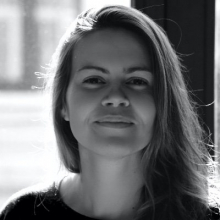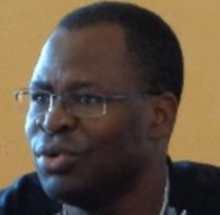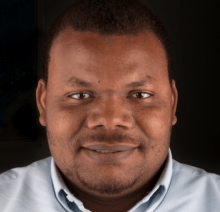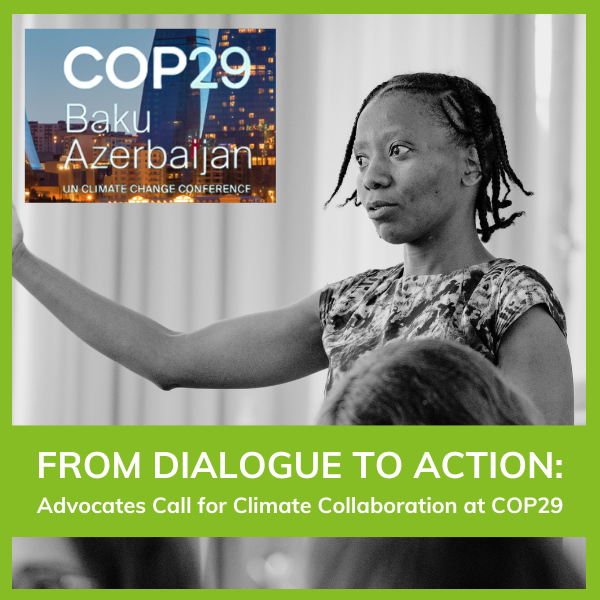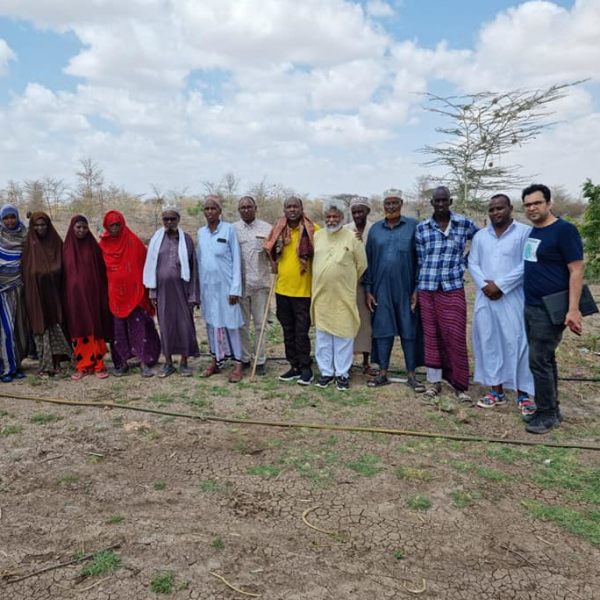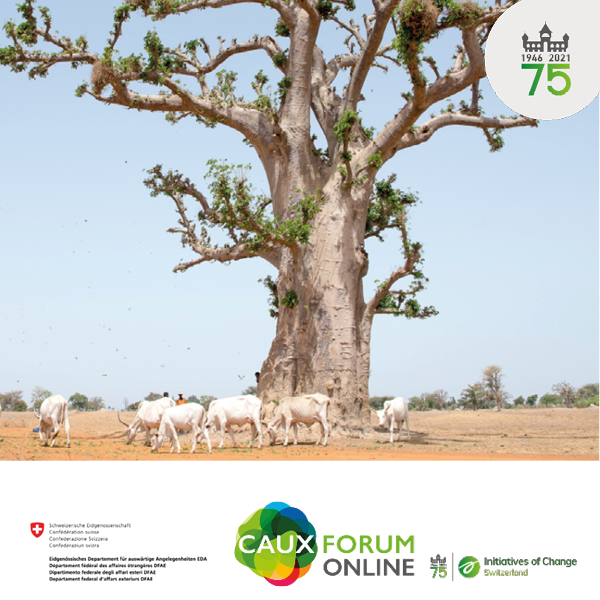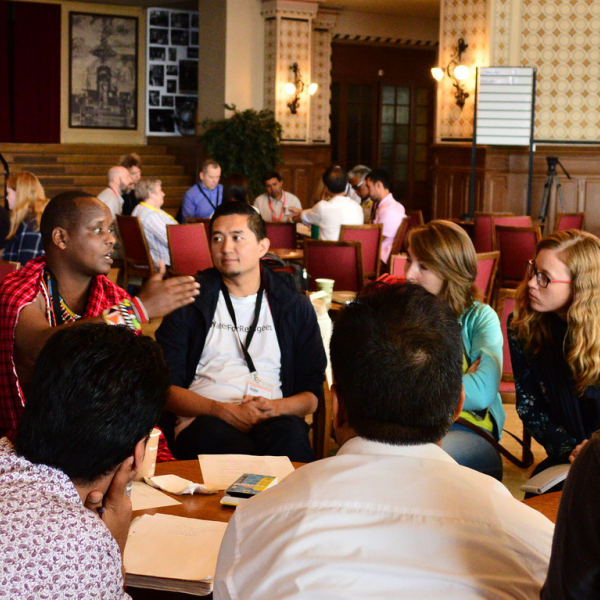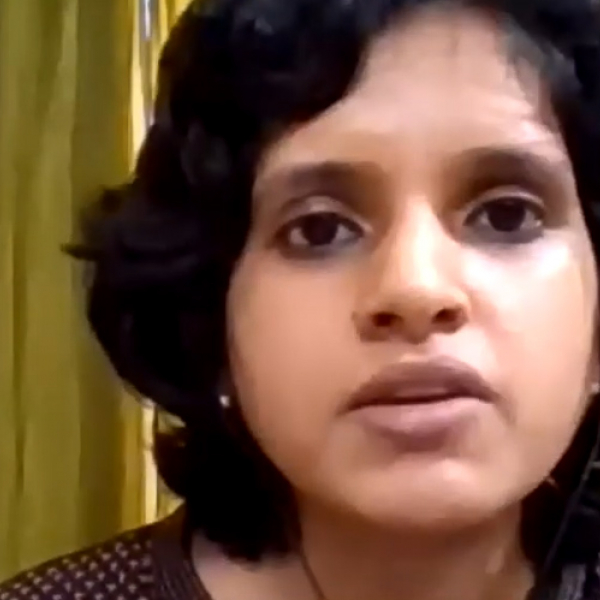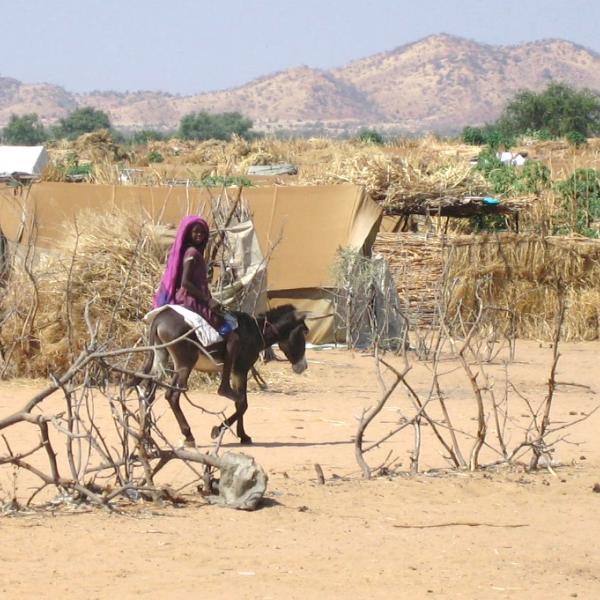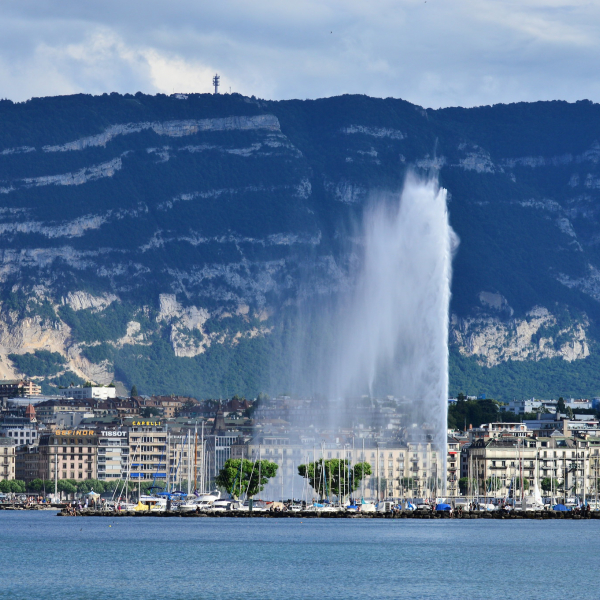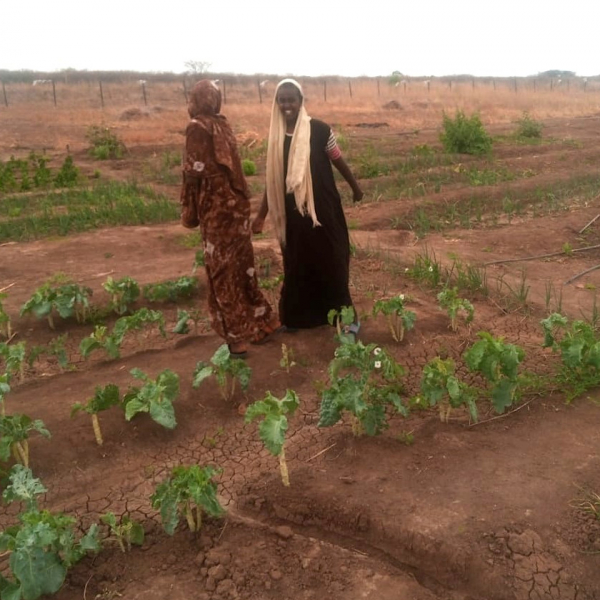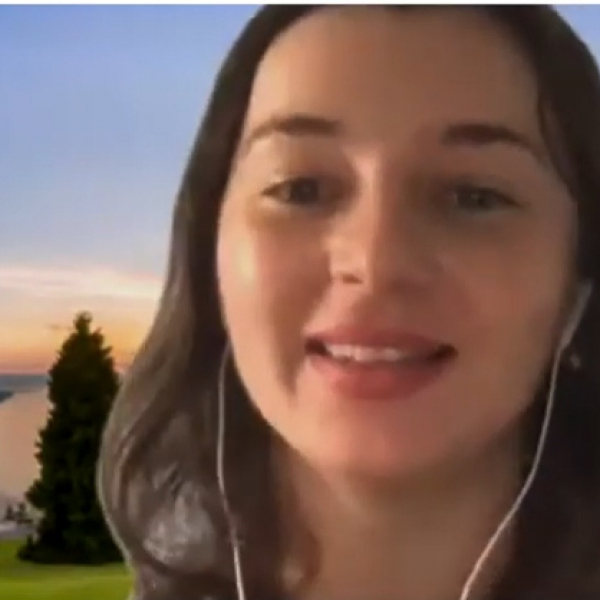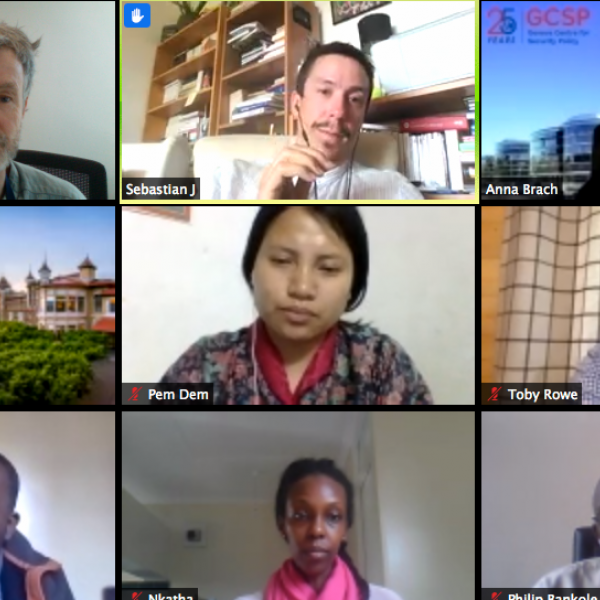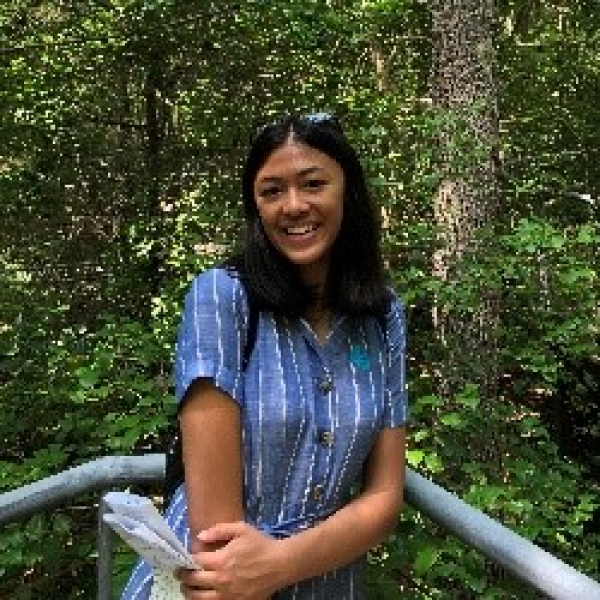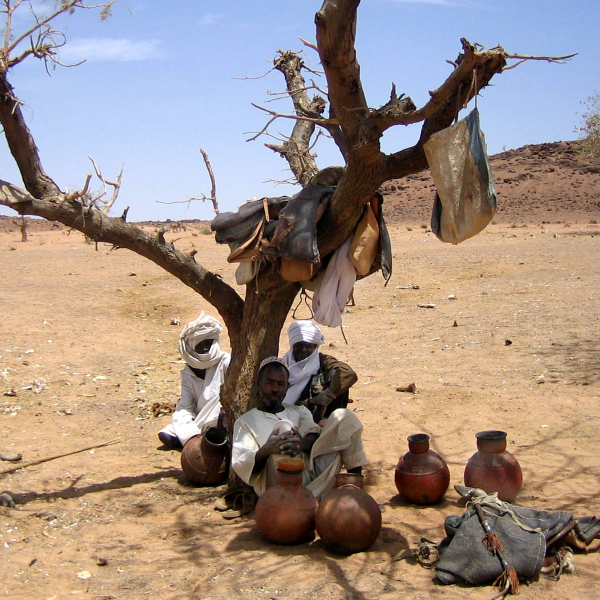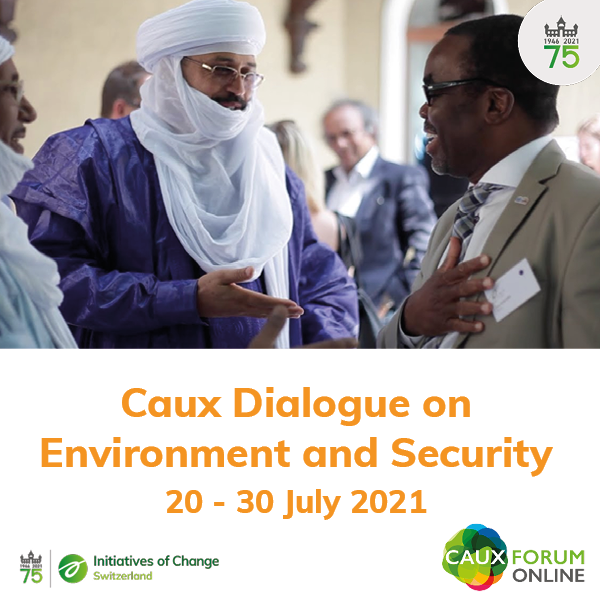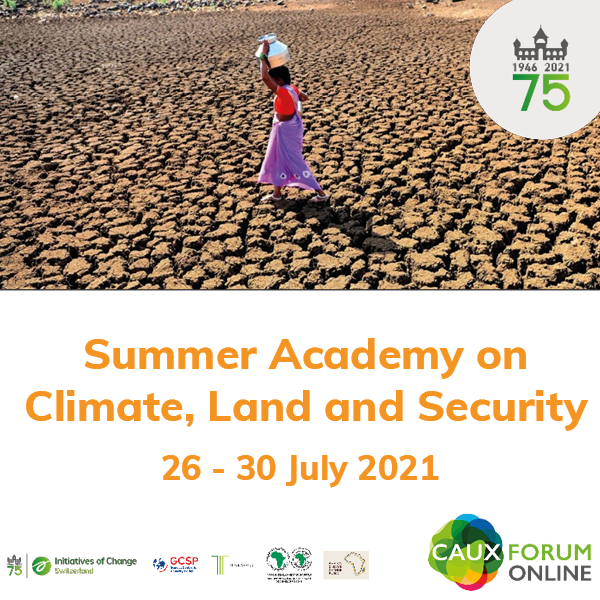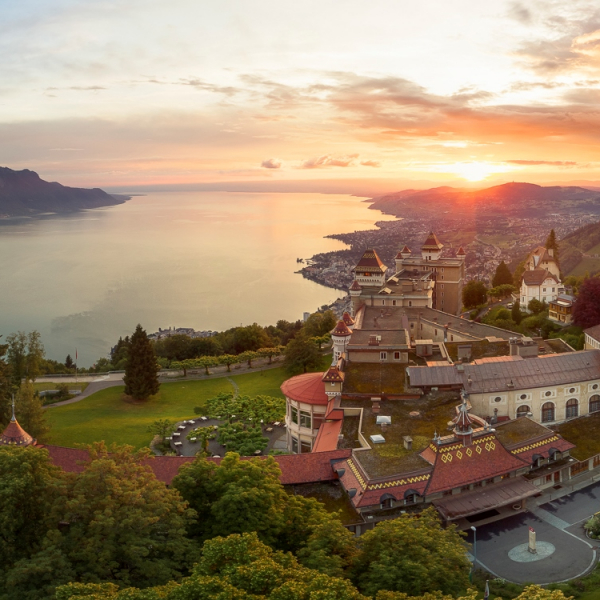Building peace through improved land governance in West Africa
Geneva Peace Week 2021
13:30 - 15:30 CET
WEBINAR FOR FRENCH-SPEAKERS
Environmental degradation poses a major threat to peace and security in semi-arid sub-Saharan Africa, where over 80% of the population is dependent on rain-fed agriculture and pastoralism, and where rural economic subsistence has long been inextricably linked to local cultures and rites.
The governance of land has become a particular challenge, as the availability of fertile land, water and pasture are threatened by climate change, and as modern and traditional ways of life collide. There, land degradation, deforestation, food insecurity, restricted access to some protected areas, migration, armed conflict, violent extremism and climate change are interacting in reinforcing feedback loops, with devastating consequences. Ungoverned spaces have been growing in size and violent extremist groups have been using the opportunity.
There is therefore a critical need to better understand how such challenges factor in today’s rising violence across the region.
And there is urgency to consider how environmental peacebuilding and conflict-sensitive land governance can be two essential tools to create virtuous cycles leading to both environmental and socio-political recovery. In theory, environmental challenges can bring conflict actors into dialogue and collaboration - because all sides ultimately depend on the natural environment and need peace to prosper.
Often the sticking point to the approach is the need to build trust and collaboration over the shared governance of natural resources - and therefore the need to connect the right actors from different constituencies - be they local communities, government agents or decision makers- and to foster dialogue.
These intriguing possibilities will be explored by the panellists based on their experience in their own context, looking at it from the security, land restoration, governance and climate resilience angles. This will contribute to better understanding of the environment and security nexus, to highlighting innovative practices and to bringing forward policy options, at a time when capacity to respond to the growing livelihood and security impacts of climate change puts the future of rural communities and of States themselves at stake.
The session will be held in French only and will unfold in three distinct phases:
- a round of facilitated dialogue among the three panellists
- a time dedicated to interactive exchange in breakout groups
- a coming together for wrap-up and final policy conclusions.
For registration please note that you first need to register to Geneva Peace Week 2021 in general (see link below or top right) before you can choose which workshop in particular you wish to attend. If you wish to use the Geneva Peace Week app you can download it here: iOS , Android.
This event is co-organized by Initiatives of Change Switzerland and the Peace and Human Rights Division of the Swiss Federal Department of Foreign Affairs (FDFA) as part of the Geneva Peace Week 2021.
Moderator
Olivia Lazard
Environmental Peacemaking and Mediation Expert, Visiting Researcher at Carnegie Europe
Olivia Lazard (France) is an environmental, peacebuilding and mediation expert. She is also a visiting scholar at Carnegie Europe and the Director of Peace in Design Consulting Ltd, which specialises in political-economic conflict analysis, environmental peacebuilding and international security interventions. Olivia has recently worked with the European Peace Institute, developing its environmental peacebuilding programme and managing mediation support projects in sub-Saharan Africa and the MENA region.
Speakers
Alexis Kaboré
Lecturer-Researcher in the Department of Sociology at the Université Pr. Joseph Ki-Zerbo de Ouagadougou
Dr. Alexis Kabore (Burkina Faso) comes from a peasant family in a small rural village. He studied in Ouagadougou and Geneva and holds a PhD in sociology, specialising in protected areas, forest communities and wildlife reserves. He has worked with local decentralised authorities, government departments, international organisations and protected areas such as WAP (W-Arly-Pendjari) and PONASI (Pô-Nazinga-Sissili). He also chairs the Nature and Development Association - NATUDEV in Burkina Faso, whose general objective is to contribute to positive interactions between the conservation of natural resources and the development of local communities, and the localities bordering the national protected areas are its priority action areas. NATUDEV is a member of the IUCN (International Union for Conservation of Nature) and a member of the APAC World Consortium.
Safouratou Moussa Kane
Promotion Secretary of the Niger branch of the Network of Pastoralist Organisations
Safouratou Moussa Kane is a Fulani / Hausa woman from Niger. She is Secretary General of the Women's Committee, and former Vice President of the Billital Maroobe Network (RBM), a network for the promotion of pastoralism that involves pastoralist associations in seven West African countries (Niger, Mali, Burkina Faso, Senegal, Mauritania, Benin and Nigeria). She is also the Promotion Secretary of the Niger branch (ROPEN/Niger) of the RBM. With a Master's degree in communication and a Master's degree in project management, she is actively working on the recognition of pastoral rights and the security of pastoral economies in the Sahel. Since 2013, she has been facilitating a local dialogue project related to land restoration in two localities in Niger particularly confronted with climate change and tensions between communities, which exacerbate extremist violence.
Senior Sahel Consultant Analyst, International Crisis Group - ICG, Dakar
Ibrahim YAHAYA IBRAHIM is a senior consultant analyst based in Dakar. Originally from Niger, he holds a PhD in political science from the University of Florida. His thesis focused on Islam and political protest in the Sahel region. It is a comparative study of protests, riots and jihadist insurgencies in Mauritania, Niger and Mali. He is co-founder and associate researcher of the Sahel Research Group. He is co-author of The Central Sahel: Scene of New Climate Wars?' (ICG, 24 April 2020), which highlights the link between the environment and violence, reminding us that human management of the challenges that arise is crucial.
REGISTER NOW
Photo banner: with the kind permission of World Vision Ghana
